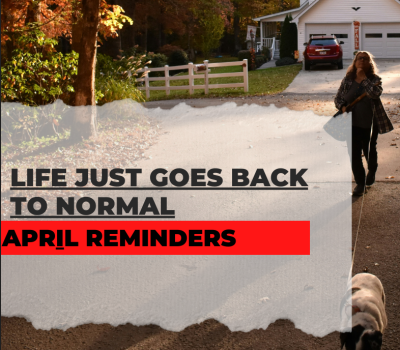As a Divorce Coach, one of the areas that I help my clients is dealing with conflict, staying present in their bodies during conflict and learning how to calm their nervous system so they can advocate for themselves in a healthy manner. However, all of us experience conflict in life so we all need skills for handling conflict to resolve issues while preserving the relationship at hand.
One of the first steps to self mastery in conflict is to understand your typical instinctual reaction under stress or in a conflict with others. Some of us immediately jump into Fight mode and go on the offense if we feel uncomfortable…some of us default to Flight and try to run or escape the uncomfortable interaction…some of us Freeze and shut down or even disassociate until our nervous system is ready to come back online…some of us Fawn and just try to please and appease until the uncomfortable situation washes away.
Knowledge is power and knowledge of yourself is the biggest power of all. To begin to understand your reactions in conflict starts observing yourself, your behaviors and reactions, almost like watching yourself in ‘meta,’ studying yourself from an outside objective perspective, without judgement, pure observation. You can start to see where your reactions are helping you and where you are shooting yourself in the foot. This is assuming your goal is to achieve a healthy level of peace and joy in your relationships rather than just being right.
I am always reminding my clients that it takes two to tango, even if your ‘ex’ truly has real mental health issues or is an abuser, you have to take a look at your role in the dance (even if it is how did I get comfortable or settle with this treatment or choose this unhealthy relationship dynamic).
So next time you find yourself having a conflict or disagreement, try to step outside yourself optimally during the situation or at least afterwards and reflect on your behavior, your triggers, your story, your reactions and see if next time around you can pause, breathe, observe and maybe be a little bit more patient, empathetic or less defensive and see if this gives you a better end result.





